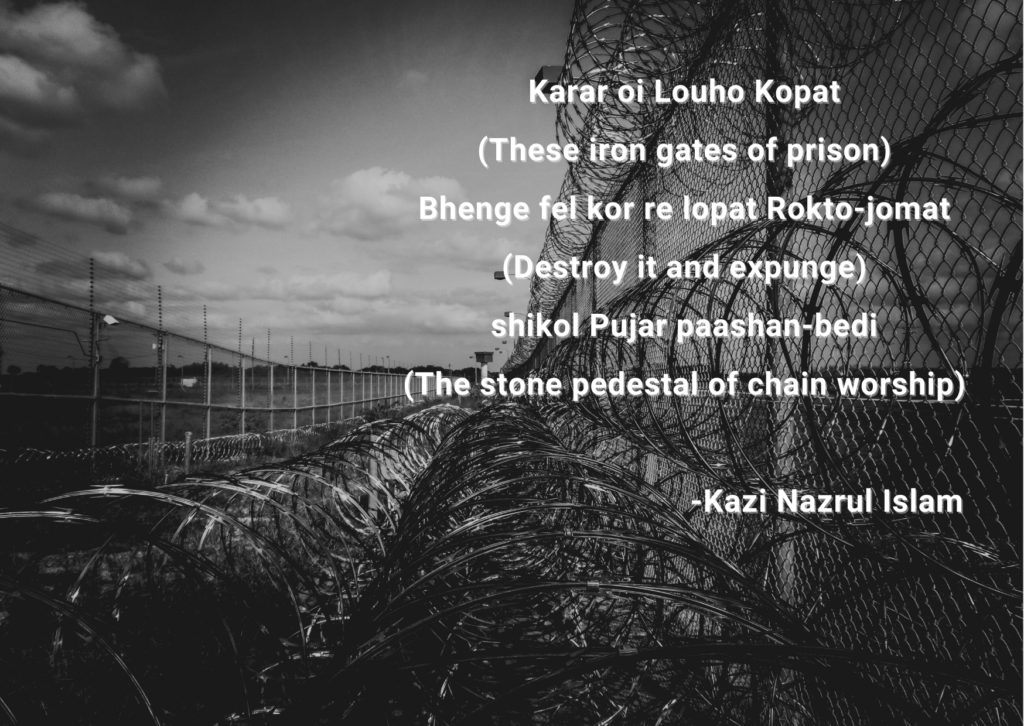These lines from rebel poet Kazi Nazrul Islam dint only ignited the Bangladesh Liberation war, but also unite two nations living across the Teesta. This was quite evident at the 45th International Kolkata Book fair that took place from 28th February to 13th March 2022 in Central Park, Kolkata. It is world’s third largest annual book conglomeration and an intergal part of Bengal’ culture.
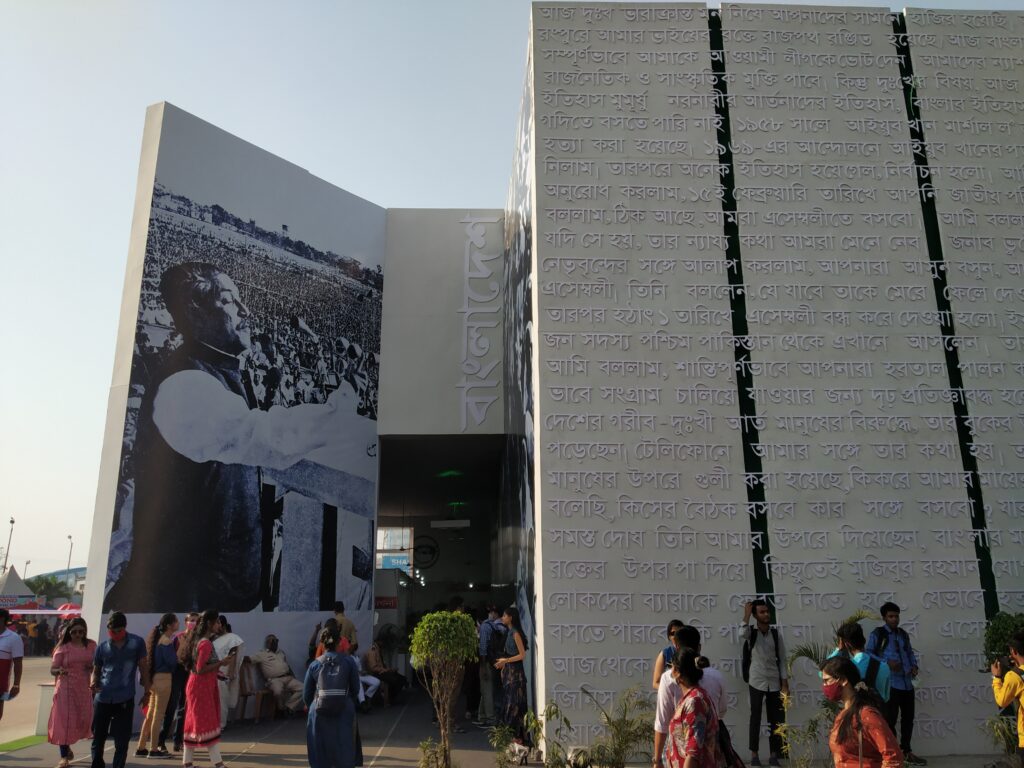
The theme of this year was – “Bangladesh”, commemorating the birth centenary of Bangladesh’s Founding father – Bangabandhu Sheikh Mujibur Rahman and celebrating the 50th Year of liberation for the country.
The book fair was dedicated to the golden jubilee of the 1971Bangladesh independence war – a fight for Bengali spirit, culture and language. After Independence from the British in 1947, the Bengali speaking region of East Bengal revolted against the Pakistan Government for advocacy of Urdu as sole state language. This revolt resulted in a lot of bloodshed on 21st February 1952 and since then this day has been observed as Amar Ekushey Bhasa Andolon Dibas (Mother tongue Movement day) every year. Both sides of the border observe this day with lot of enthusiasm, despite the age old ghoti-bangal (east – West Bengal) battle emphasizing on cultural ties.

Bangladesh has already been the focal theme of the event in 1999 and 2013. Yet 2022 got bolstered with the emerging trend of Information and communication Technology. This is the first time in history that any International book fair was digitised.
Apart from Bangladesh, Russia, Italy, Iran, Japan, USA, Britain, Mexico, Latin America, Spain, Argentina too participated in the fair. Literary events including 125th birth anniversary of Netaji Subhas Chandra Bose and birth centenary of Satyajit Ray, theme pavilion for late children’s author and illustrator Narayan Debnath, cultural events like open stage Mukta Mancha dedication for legendary actor late Soumitra Chatterjee, et al. Anybody could watch daily literary events of book fair virtually on their social media profiles.
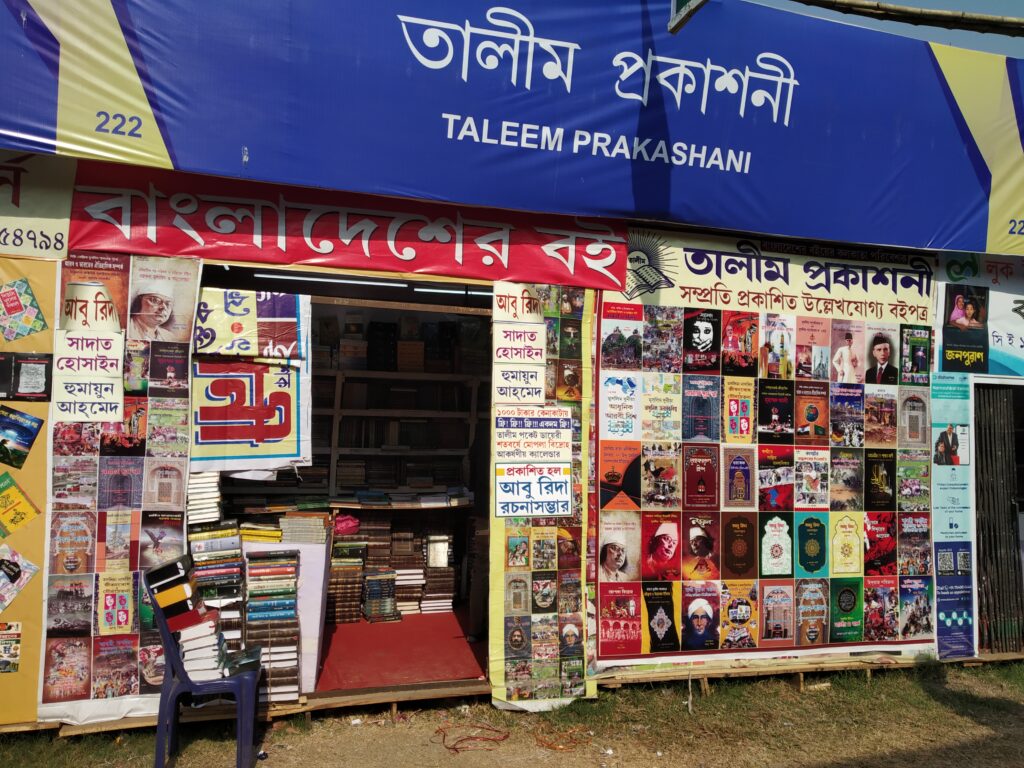
Furthermore, Social media trend of #muktijuddho filled gap between young bibliophiles and Bangladesh’s old revolutionary poets and writers. Interestingly, old literary works of liberation war were appreciated by youth of both the Bengals, namely Ekjan Ali Kenanner Utthan Patan by Ahmed Sofa, Aguner Poroshmoni, matal Haowa, Jochona O Jononir Golpo by Humayun Ahmed et al.
Madhumita kundu, a visitor at the fair says “My father used to stay at Khulna, in Bangladesh. He used to tell me a lot of stories of Bangladesh. Though we get everything online these days, yet few collections are limited like Bangali Musalmaner Mon by Ahmed Sofa and many other goosebumps arousing poetrys of Nazrul Islam.”
Apart from the oldies, new generation writers are also making their mark in West Bengal. Sujit Das, another visitor at the fair says “This is third time, I am visiting this fair. I took selfie with author Sadat Hossain. I have even purchased his fiction Nirbashan and A golden age by Tamima Anam”

Consecutively, Amar Ekushey Book fair that began on 15th february 2022 signed off on 17th March 2022. Its a month long book fair arranged every year in Bangladesh commemorating sacrifices of those laid down their lives on 21st February 1952 for establishing Bangla as the native language.

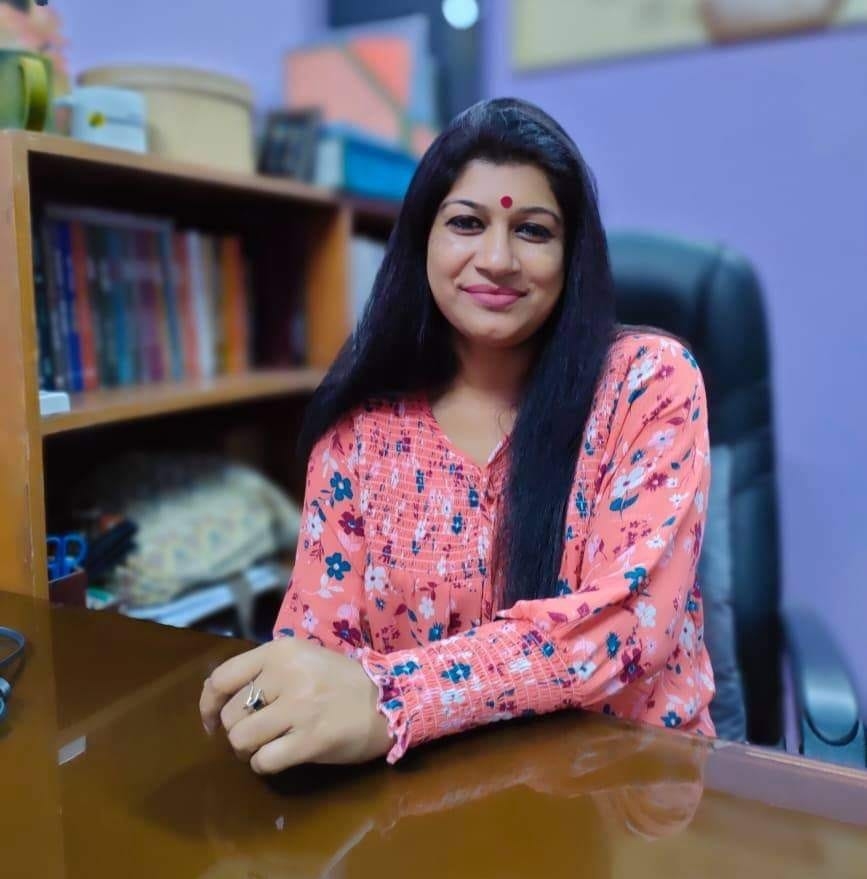 “Both sides of the border have little space for small time magazines that need more focus and emphasises. Overwhelming love for Bangla books definitely unites all Bengalis not only between West Bengal and Bangladesh but all Bengalis scattered around the globe.”
“Both sides of the border have little space for small time magazines that need more focus and emphasises. Overwhelming love for Bangla books definitely unites all Bengalis not only between West Bengal and Bangladesh but all Bengalis scattered around the globe.”
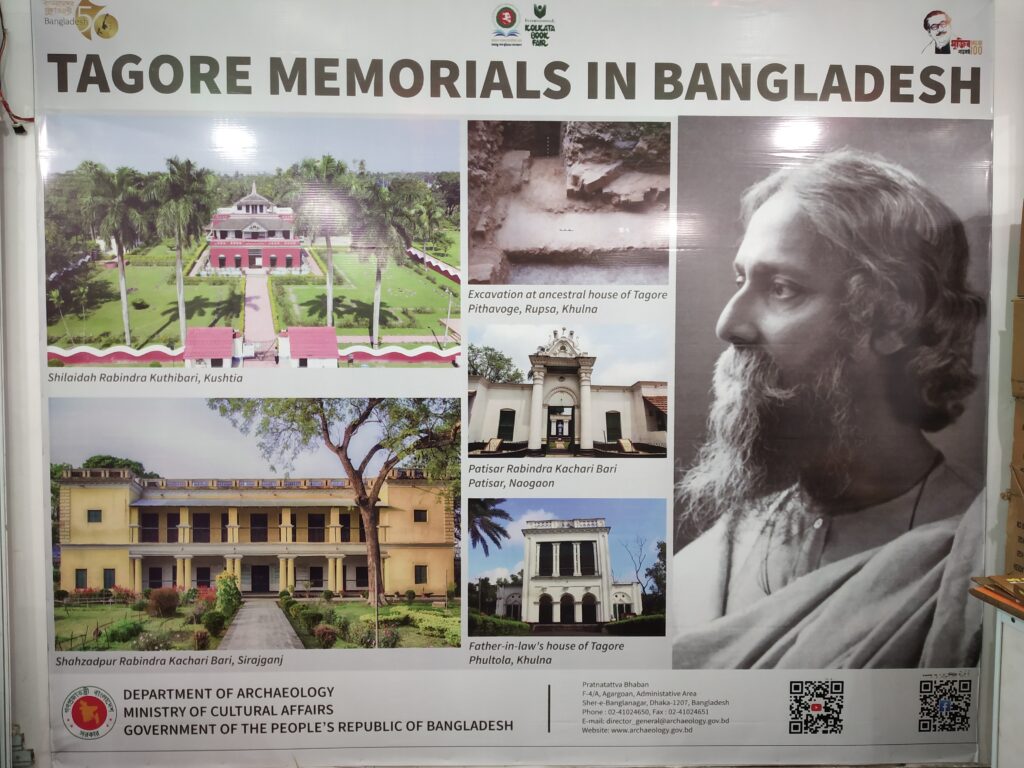
Be it Nazrul Islam’s or Rabindranath Tagore’s great works, they cannot be divide by partition of countries. Another visitor at the event said “I don’t read much. But see I bought this Nazrul Islam’s Sanchita (Collection of poem). I have collection of Rabindranath Tagore, Bibhuti Bhushan, Bankim Chandra, Sarat Chandra at my home. These add interior hues in beautifying my drawing room space.”
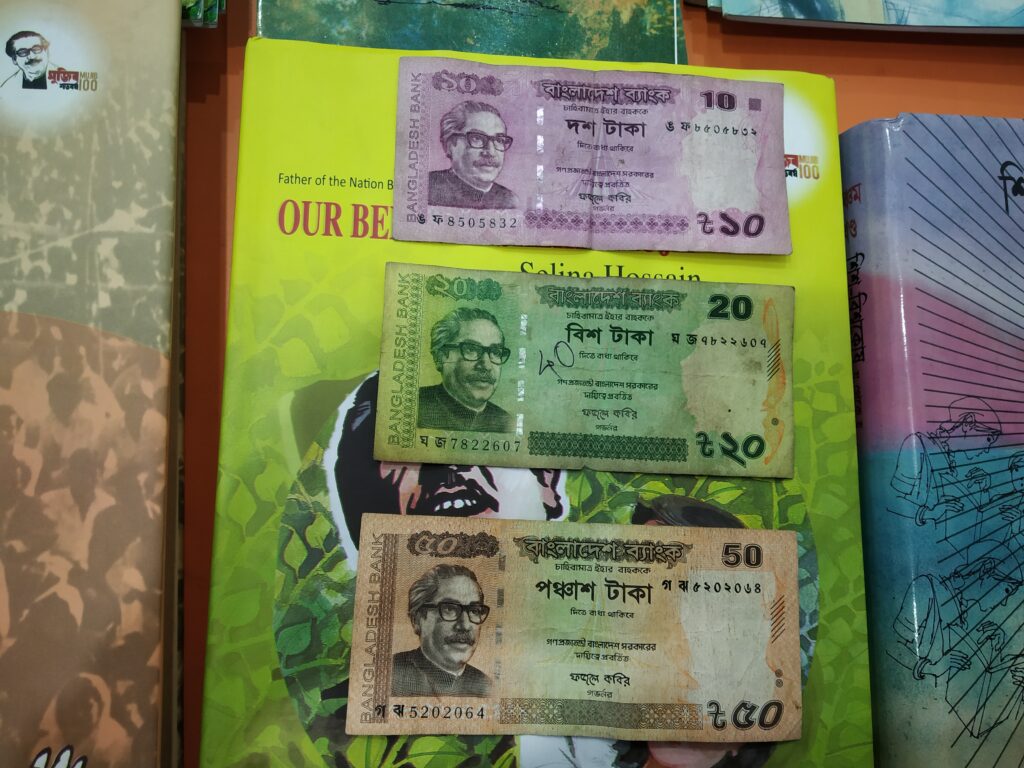
Bangladesh is making great efforts to promote Bengali language digitally. Birbhum Publisher Ayesha Khatun says “Why do we speak in English at all. We fought for this language. Bangla bhasa is music of our soul. Today if we do not use English, people perceives us as backward. But why do we need to use English when we all are Bengali? Bangladesh has proved this in each sphere. This should bring awakening to our conscience. What was the need of partition? How will you function, if your hand is separated from body? Similarly, dividing West Bengal and Bangladesh is persisting pain”.

To quote Ayesha Khatun “Bengali language emerges from each alphabet. Where alphabet H (হ) means wait, TH (থ) mean keep it, CH (ছ) means sieve it, PH (ফ) means aimlessly loitering, M (ম) indicates spreading of any aroma. Bangla language is never ending”
The eternal hope of breaking through the border between two Bengals remain intact, powered by Rabindranath Tagore’s “Amar sonar Bangla, Ami Tomay Bhalobasi”, revered as Bangladesh’s National anthem today.
Photography /Videography :Mousumi Diyasi
Videographer: Debanwita
Video editors: Md Mehran and Praveen Kumar
Edited by: Raghujit S. Randhawa

